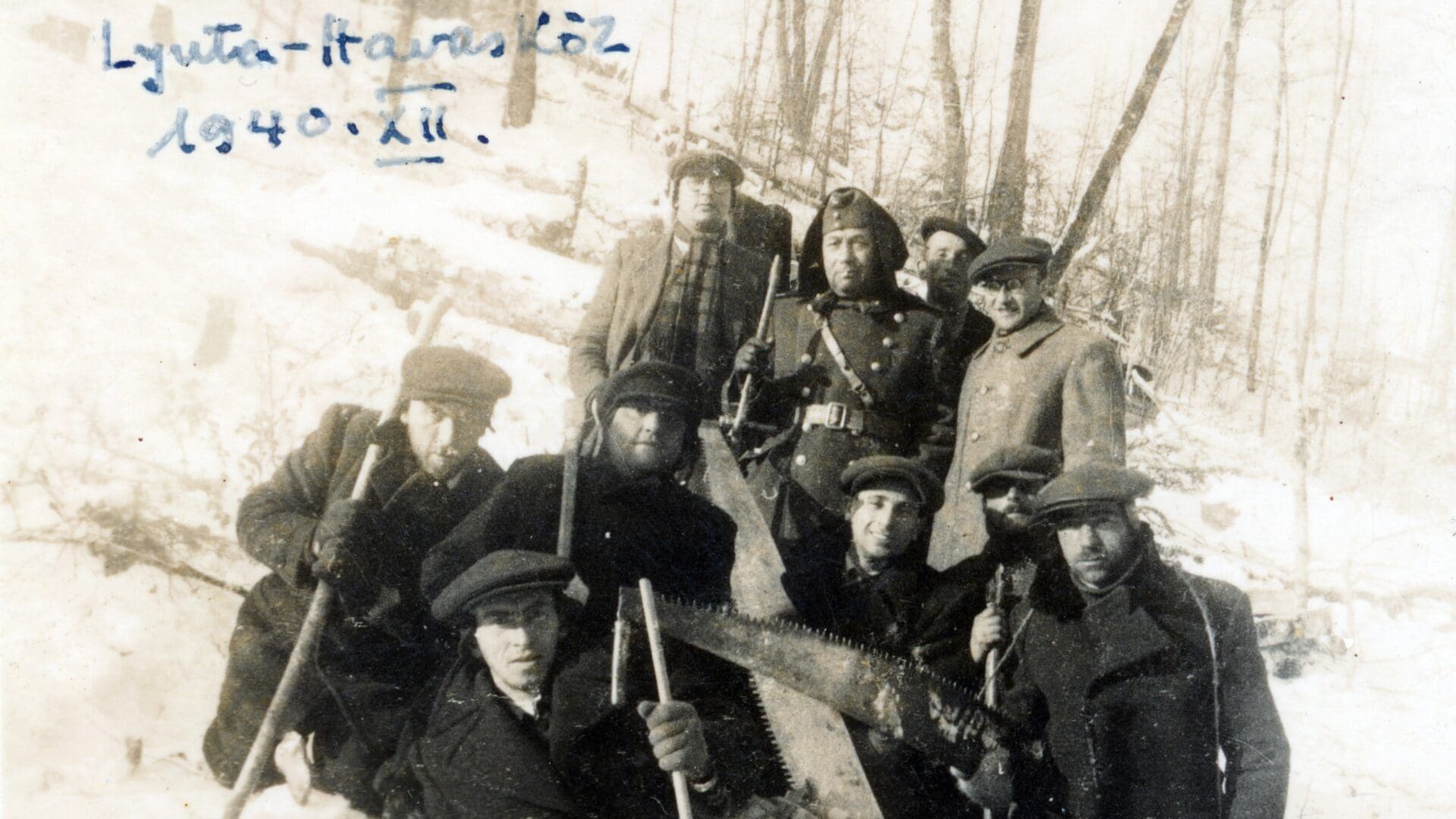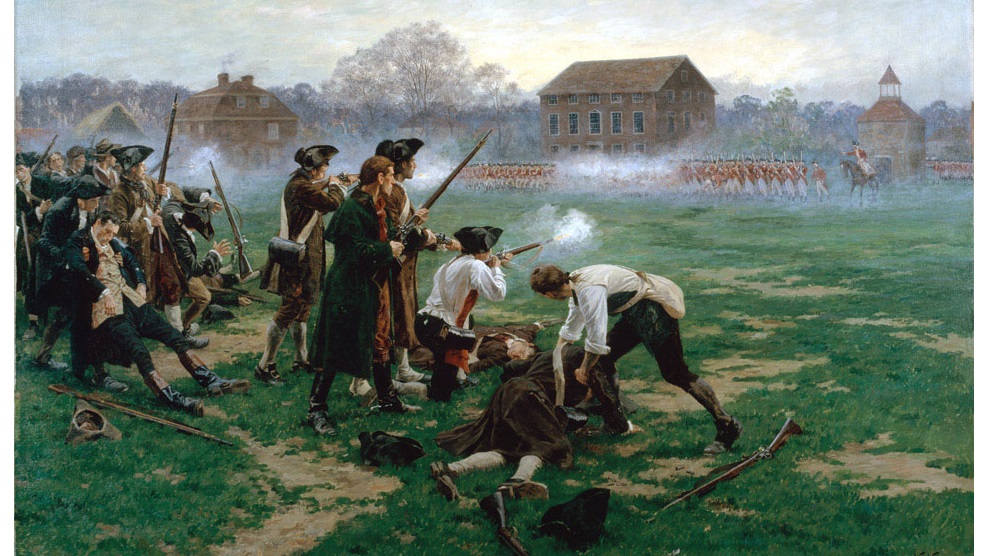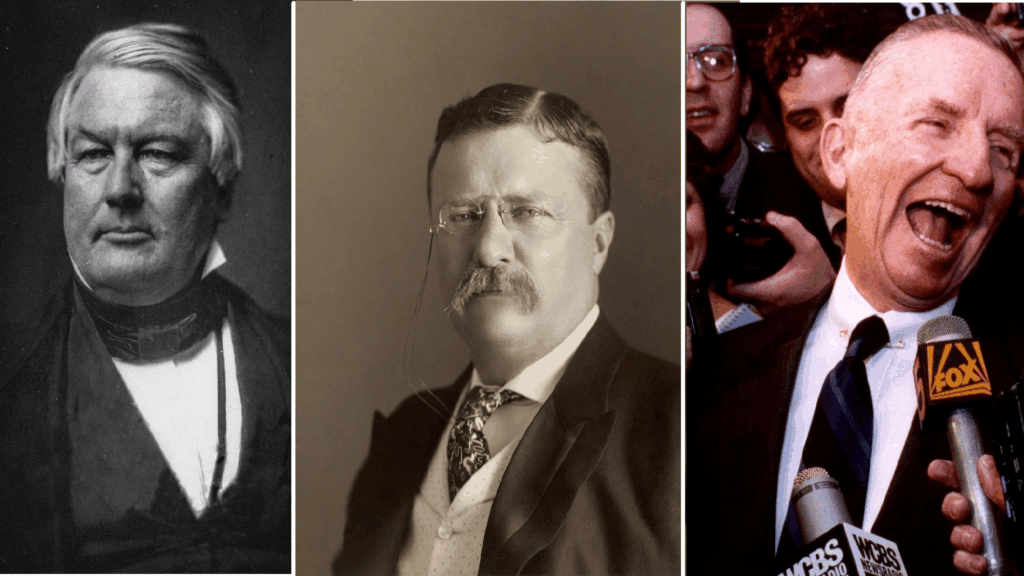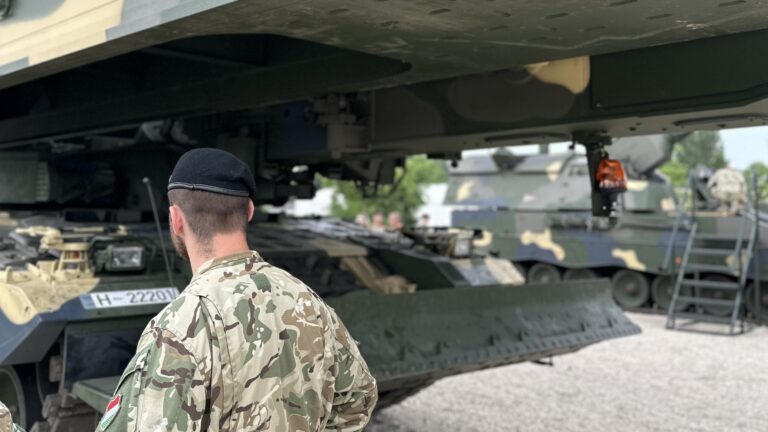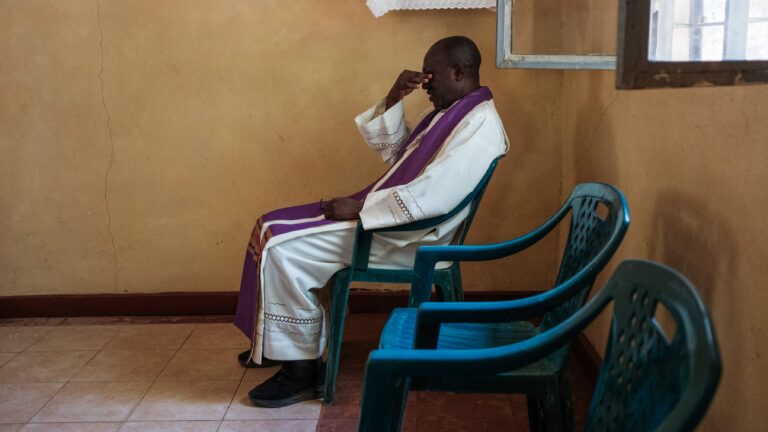Many readers may be familiar with the story of the WWII unarmed labour service in Hungary, as well as the horrors committed by the army men colloquially known as ‘keretlegények’ who guarded those conscripted into unarmed service. Some may have also heard of Captain László Ocskay, commander of the 101/359 unarmed labour battalion, who saved the lives of hundreds of Jewish Hungarians. His story has been told many times, but research into labour service has unearthed several cases of ’keretlegények’ who, while perhaps not immaculate individuals, did try to help certain Jews. Such research helps posterity understand the history of labour service better and historians paint a more nuanced picture of what happened.
A Cruel, Greedy Guard or a Selfless Helper?
Imre Cseke was born in 1909 in the village of Kerkateskánd in Zala County, and later became a merchant in Budapest. In April 1942, he was drafted and ordered to the military headquarters in Nagykáta, where he was assigned to the 101/7 unarmed labour battalion, where he served as a supply soldier. His case in the People’s Court began in the autumn of 1946, following a complaint by an angry survivor to the political police accusing him of taking food from the labourers, along with allegations of cruelty against Jews. The indictment was filed by the People’s Prosecutor’s Office in October 1946, charging him with ‘beating and torturing labour servicemen [Jews]‘.
But his trial in November of the same year presented a very different picture. At the trial, Cseke himself, mirroring his statement to the police, denied all the charges: ‘I did not harm anyone, and all the members of the unit were trying to get whatever they could for the labour servicemen, and I even bought them forbidden things, such as vegetables.’ Imre Ausländer, on the other hand, testified that he had heard from a cook called Klein that the rations were short because the accused had stolen much of the food. The testimony was dubious not only because Ausländer only claimed to have second-hand knowledge of the story, but also because the testimony of Cseke and other Jewish witnesses revealed that Ausländer had in fact been removed from working in the kitchen when he was found out to have been trading cigarettes on the black market and that he later became angry with Cseke because he taught Cseke had reported him. Contrary to Ausländer’s accusations, at least nine witnesses testified that Cseke did not beat anyone. Meanwhile, surviving Jews and their wives testified that ‘the accused not only helped the members of the labour battalion, but also selflessly provided food for the persecuted in 1944 and generally behaved democratically.’
Specifically, László Winter, a teacher, testified: ’The accused demonstrated good, benevolent behaviour, and arranged for my discharge in the autumn of 1941. During the siege [of Budapest in 1944–45], as the manager of the Meinl company, he provided me and my mother with food, so that after the liberation I was surprised to hear of the denunciation against him.’ According to merchant Károly Wellisch, Cseke ‘behaved in a decent, comradely manner, he did not steal the food.’ ‘He was a calm man who, after my discharge, as manager of the Meinl company, supplied my mother with food several times. We gave gifts to the defendant for his humane behaviour upon his discharge.’ At the trial, it was also revealed that Cseke had at one time helped Ausländer himself, supplying clothes to the very survivor who later accused him. The People’s Court finally acquitted Cseke of all charges in November 1947.[i]
The Communist Worker Who Adopted a Jewish Child
Even more complex cases are known. The case of Corporal Péter Hajduk—a gardener in civilian life— would not at first sight sound like a complicated story: he himself denied that, as the head of the 101/28 labour battalion in the village of Gnilusha (Voronezh area), he had deprived the workers of their food and that he had physically abused them. The witnesses, however, unanimously testified in the People’s Court that the abuse had taken place. Anyone who stole potatoes from the surrounding fields was ‘beaten up’, ‘despite the severe cold, the accused dragged the weakened out, and did not care about our frostbites’.
The testimony of Károly Kormányosi, the former, humane company commander, must have been decisive. Kormányosi was relieved from duty in 1942, and was reinstated at the head of the company about two months later. As he had learned from his former servicemen, during the retreat from the front lines, Hajduk had indeed deprived them of their usual rations and had beaten them. Although he was not charged with any specific murder, Hajduk was given the death penalty in the first sentence by the People’s Court in Budapest, but the presiding judge, Gábor Piri, did not agree and wrote a dissenting opinion to the National Council of People’s Courts (NOT)—not disputing Hajduk’s guilt, but recommending a lighter sentence.
At the same time, Hajduk also wrote to the President of the Republic asking for clemency, but this proved to have been unnecessary, as the NOT commuted the sentence to 13 years of hard labour. The twist in the tale is that it seems that the Transylvanian gardener, who was indeed cruel to the labour servicemen, had adopted a Jewish girl in 1941, whom he protected during the deportations and the Arrow Cross coup, and who was 9 at the time of the trial. Hajduk must thus (also) be remembered more or less as a rescuer. He joined the Communist Party after the liberation of the country, and his anti-Arrow Cross views were well-known. He was in fact arrested and beaten after the Szálasi coup, but he escaped from Arrow-Cross captivity and returned to his family.[ii]
What drove an anti-Arrow Cross worker, who raised a Jewish girl, to commit atrocities against Jews on the Eastern Front? His story is one of the many unanswered riddles we encounter when researching the history of unarmed labour service.
[i] Budapest Főváros Levéltára (Budapest Metropolitan Archives, BFL), XXV.1.a.2.1946.5009.
[ii] BFL, VII.5.e.1950.7486.

